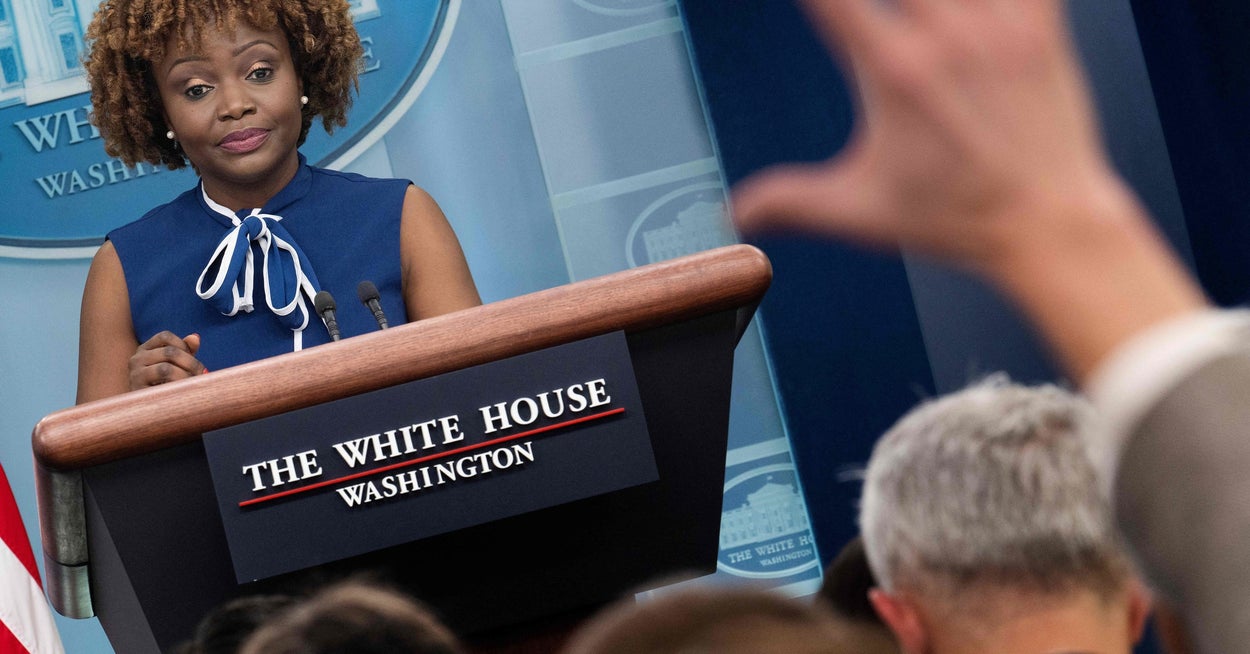In a dramatic turn within the American political landscape, former President Donald Trump, on a crisp Tuesday morning, presented himself at the Manhattan Criminal Court following an indictment by a grand jury the previous Thursday. This indictment originates from allegations surrounding a hush money transaction involving adult film actress Stormy Daniels in the lead-up to the 2016 presidential election. The transaction was allegedly aimed at preventing Daniels from publicizing a previous sexual encounter with Trump in 2006—an affair which Trump has consistently denied. Despite his denials, Trump conceded in 2018 that he had reimbursed his then-lawyer, Michael Cohen, for the $130,000 payment made to Daniels. This admission tangled him further into legal complexities, as falsifying business records to conceal a crime violates New York state law.
Michael Cohen, the lawyer who arranged the payment to Daniels, has already served a prison sentence after pleading guilty to federal campaign finance violations connected to this specific disbursement. These campaign finance laws are designed to maintain transparency and prevent undue influence on electoral processes, heightening the seriousness of Cohen’s—and potentially Trump’s—actions.
As Trump made his historic court appearance, statements from the White House underscored the administration’s distance from the unfolding events. White House Press Secretary Jean-Pierre reiterated to the press that President Joe Biden had not received prior notice of the indictment from any law enforcement or judicial body, countering Republican allegations that the case was politically motivated to thwart Trump’s potential run for office. She clarified, “The president was not given a heads-up. He was briefed by his chief of staff, and he learned about this just like all of you: through the reporting.”
The press secretary continued to emphasize that Biden’s focus remained steadfastly on national issues rather than the ongoing legal drama. She mentioned Biden’s intent to stay updated on the developments through regular news briefings as his schedule allowed, highlighting the pervasive media coverage the case was attracting. Jean-Pierre carefully steered away from speculative territory, particularly when probed about the possibility of a presidential pardon for Trump should he be convicted. Her firm response underscored a stringent adherence to the principle of not commenting on ongoing cases, reflecting an overarching strategy to maintain presidential decorum and neutrality in judicial processes.
This case places a spotlight not only on the legal entanglements of high-profile individuals but also on the broader implications for political accountability in the United States. The use of campaign funds or resources to settle personal or potentially damaging claims questions the integrity of democratic processes and the accountability of those involved in campaign financing. It raises critical concerns about transparency and fairness, essential pillars that support the trust placed by the public in their elected officials and the institutions that represent them.
Additionally, the proceedings contribute to an already polarized environment where public opinion on legal matters is intensely divided along partisan lines. For Trump, a central figure in American politics who commands loyal following and stern opposition alike, the legal outcomes could also have broader political consequences, influencing his viability and positioning in any future electoral endeavors.
As the legal theatre continues to unfold, it becomes a critical litmus test for the legal system’s independence and the political ecosystem’s ability to separate private indiscretions from public democratic responsibilities. The intersection of high-profile personalities, significant legal principles, and intense media scrutiny creates a complex narrative that will potentially shape public discourse around justice and political integrity in the coming months and years.
In essence, this case is not just about the specific legal charges at hand but also about the broader ramifications for law and order, presidential accountability, and public trust in a charged and divided America. How this case is handled and resolved could very well set precedents for how similar cases are perceived and addressed in the future, making the stakes incredibly high for all parties involved.









